There was a significant growth of Afghanistan asylum seekers and refugees in the UK between 2020 and 2021.
The latest immigration statistics collected by the Home Office show that Afghanistan asylum seeker applications lodged in the UK grew from 1,417 in September 2020 to 1,974 in September 2021, an increase of 39%.
The main cause of this is the Taliban’s takeover of Afghanistan in August 2021 that led to more than 10,000 people being evacuated from the country.
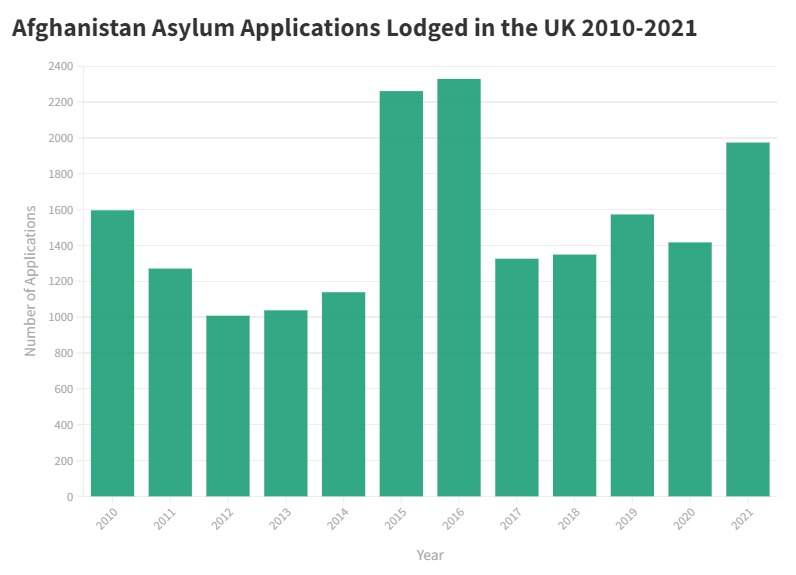
Source: Home Office
Dr Nooralhaq Nasimi is the director of Hounslow grassroots charity Afghanistan & Central Asian Association (ACAA), which supports Afghan and Central Asian asylum seekers and refugees, and was a refugee himself when he arrived in the UK in 1999.
He said: “I came to the UK on the back of a lorry in a refrigerated container with my small children. We were lucky we survived.
“After the fall of Afghanistan at the hand of the Taliban when the Taliban took power and seized the country, thousands of people tried to get to the airport in Kabul to get into planes and many lost their lives.
“The British embassy as well as some other embassies in Kabul moved their embassies to the airport where they tried to get some activists out of the country but after just ten days there was a serious explosion and the international community stopped evacuating people so that’s why 15,000 people were evacuated from Afghanistan.”
The data by the Home Office shows there was also a significant growth of Afghanistan asylum seeker applications in the UK between 2014 and 2016.
During these two years there was more than 1,000 applications and the number increased by 48.9% so it almost doubled.
Dr Nasimi said that the number increased so much because the international community and the United States leadership announced the withdrawal of troops from Afghanistan in 2014 then terrorist activities and the activities of the Taliban in different provinces, districts and regions increased, causing people to leave Afghanistan.
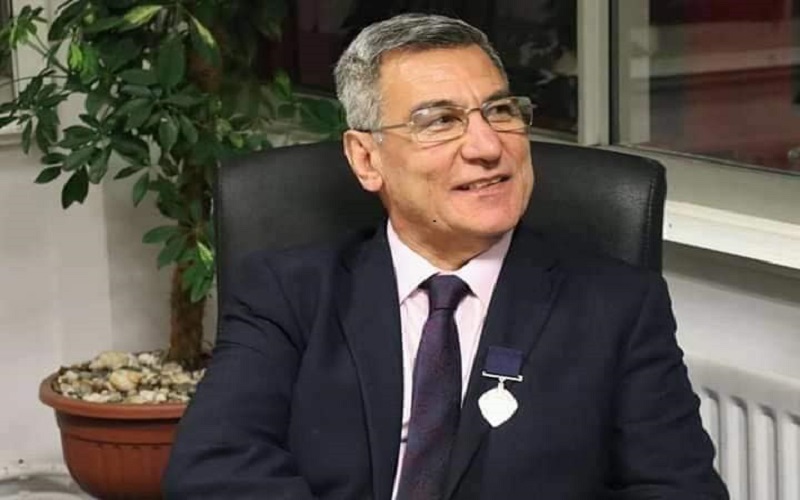
Dr Nasimi estimates that the amount of newly arrived Afghans in London is 5,000 and they are in different parts of London including central London, west London and Kensington.
According to him, west London alone hosts over 100,000 people from Afghanistan.
The main challenges Afghans face when they first arrive in the UK is the different language, lack of understanding of the culture, how to navigate and access opportunities and how to access other services available in the UK.
The ACAA helps them by offering English language classes, providing mentoring support to individuals who suffer from mental health issues because of conflict back in their home countries and giving free legal advice to women looking for help with domestic violence and divorce.
One of the charity’s projects that has become very popular is the women’s empowerment project that supports women who were suppressed in their home countries, especially Afghanistan women by the Taliban.
Last week, women connected to the ACAA took part in a photo movement campaign for women in Afghanistan who have been suppressed.
Linda Duberley, ACAA’s women’s empowerment manager, said that the organisation is having its own ‘stand with women in Afghanistan’ photo movement and that a photographer took photos on Wednesday 23 February.
She said: “The idea is that we photograph all the women that are connected with our association and that’s to build an archive of images of Afghan women from lots of different backgrounds and so what we will do is we have a top photographer to do it for us because we think that images are very powerful, in fact images are sometimes much more powerful than words.
“He will photograph our girl’s football team later in the month and he will photograph powerful images of Afghanistan women throughout this year to document a very important time for women especially in the light of the repression they have suffered at the hands of the Taliban.”
The photographer will go with the ACAA to the House of Commons on International Women’s Day on 8 March for the organisation’s conference event that will discuss Afghanistan women’s fears of living under the Taliban rule and what the UK should do to protect their human rights.
Dr Nasimi thinks that the issues raised by the growth of Afghanistan asylum seekers and refugees can be solved through collaboration and partnership with the Home Office and grassroots organisations.
He said: “I think partnership with local grassroots charities such as the ACAA and local authorities and the Home Office can hugely reduce those challenges that refugees face.”
Image Credit: Afghanistan & Central Asian Association
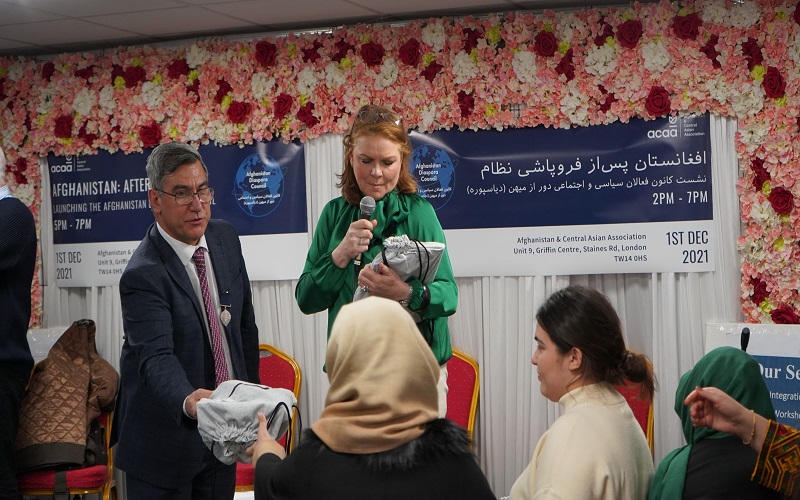

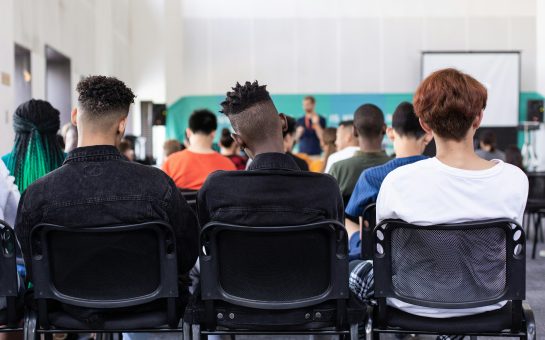
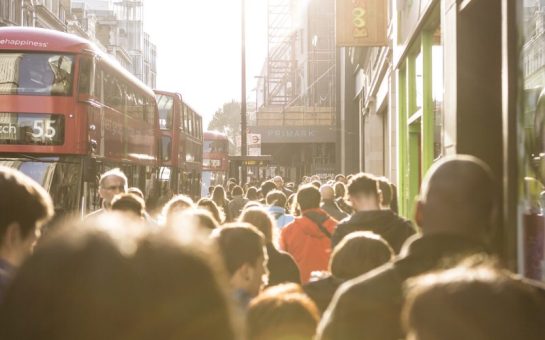
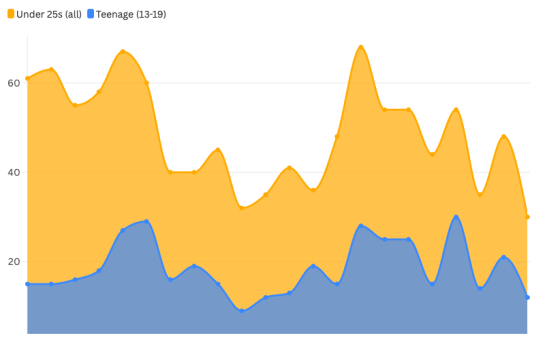
Join the discussion